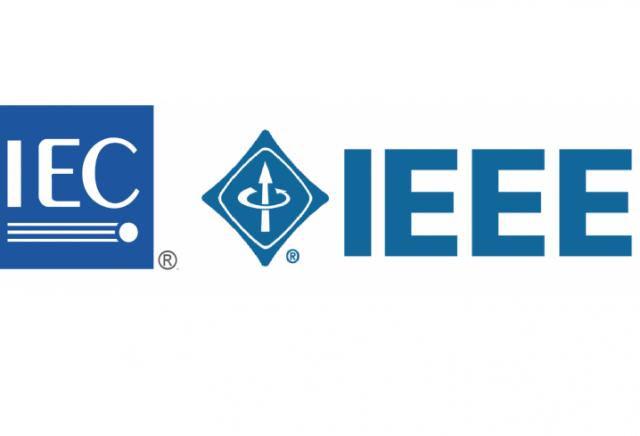Is it possible to use International Standards such as IEC 60364 and NFPA 70 for electrical installations in the Philippines?
International Standards such as IEC 60364 and NFPA 70 are alternative methods as the Clause 1.0.1.4.a of the PEC Edition 2009 states,
(c) The authority having jurisdiction may waive specific requirements in this Code or permit alternate methods where it is assured that equivalent objective can be achieved by establishing and maintaining effective safety.
also in Clause 1.0.1.1.d
d) Relation to Other International Standards. The requirements in this Code address the fundamental principles of protection for safety contained in Section 131 of International Electrotechnical Commission Standard 60364-1, 'Electrical Installations of Buildings.
The early editions of the PEC were based on the NFPA 70 including the imperial units. When the Philippines adopted the SI units, the units on the PEC were likewise converted into SI units. It was however a direct conversion of the imperial units previously used.
Even the PEC 2009 Edition, it uses provisions from the NFPA (i.e. Clause 1.0.1.1.d)
The Clause 1.0.1.4.a means that if the standard used in the electrical design can be proven to be suitable and safe when installed in local conditions, the local authority can issue the required permit to install.
This process however may take longer than the five (5) required by law to issue the necessary permit.
Using provisions of IEC 60364 and NFPA 70 on the design may deemed be much easier to acquire the necessary local government requirements as these are provided for in the PEC within the Clause 1.0.1.1.d.
If the basis of the design is other than the IEC and NFPA/IEEE (i.e. AS), proving it to be safe in local conditions may be a tedious process.
